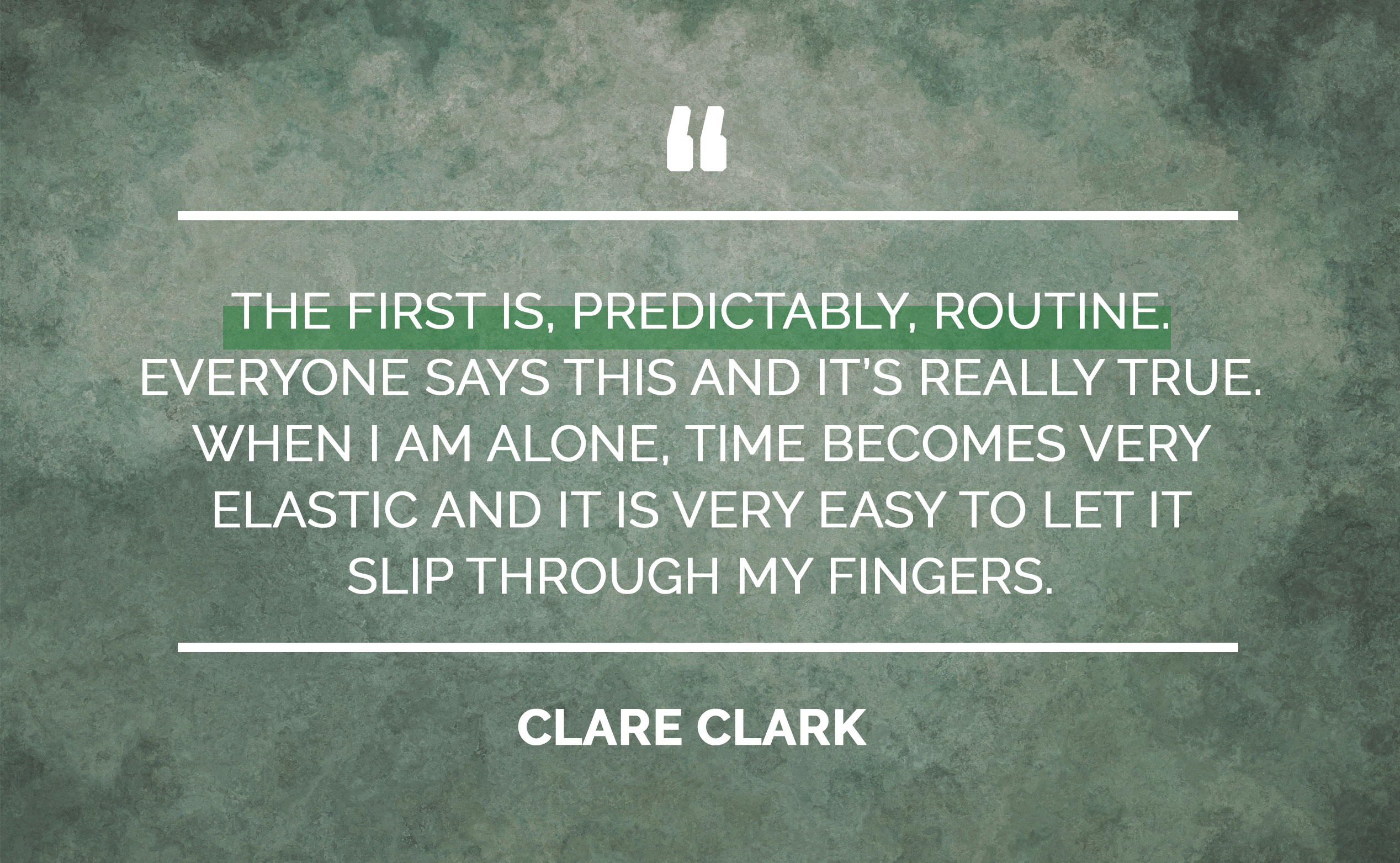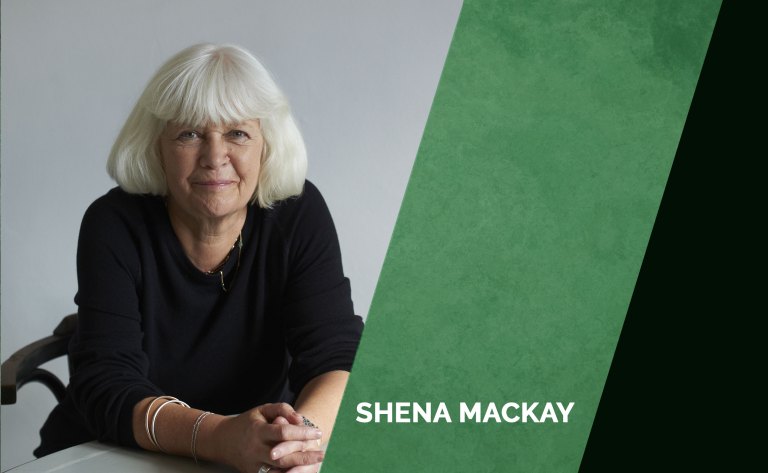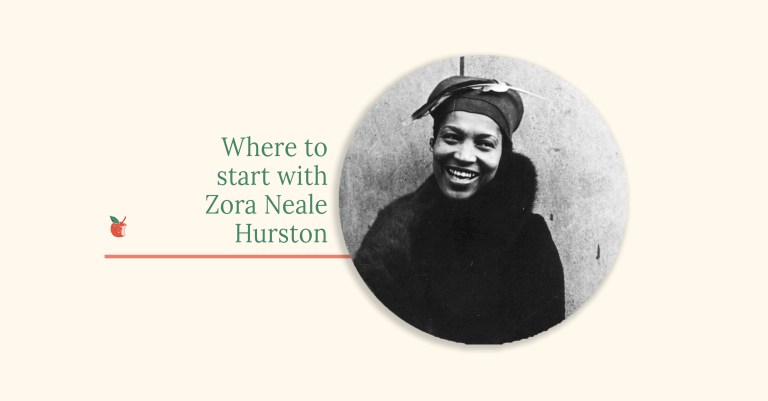Tips from the Original Self-Isolators | Clare Clark


Our brilliant authors are champions of self-isolation. We’ve turned to them for tips and tricks for staying productive and motivated in these strange times.
Clare Clark suggests routine, putting your phone away and talking to yourself . . .
The first suggestion is, predictably, routine. Everyone says this and it’s really true. When I am alone, time becomes very elastic and it is very easy to let it slip through my fingers. A good day, a happy day, is a day well used, a day when I’ve made progress. So, I try to set a framework. I like to get to my desk early when my head is at its clearest.
A vital part of that is restricting my phone. The kind of browsing I end up doing is a toxic sinkhole of time wastage which works on my brain like junk food, leaving me feeling depleted, nauseous and faintly ashamed. I know everyone says that staying in touch with people is crucial for our mental health, and it is, but there are good ways and bad ways. The kind of nibbling that constant connectivity allows saps your emotions in an astonishingly wholesale and pointless way. There is nothing that makes isolation feel less isolated than a period of pure and complete concentration, a period where you are so absorbed in what you are doing that the rest of the world retreats. For me, that is the high I am chasing every time I sit down at my computer – a moment of slipping out of time and into the world I am making up in my head. It is the purest rush and you can’t do it with anyone else. So, hide that phone under a cushion. It will also provide you with a fun game when you can’t remember where you left it.
My third tip – which is for the times when concentration is harder to come by – is talk to yourself. Yes, it might sound a bit mad but for me it’s crucial. I talk through conversations I am thinking about for my novel. I remark on the tidiness – or otherwise – of my desk. I chat. Sometimes I do it in a foreign accent which, despite evidence to the contrary, I continue to believe I am very good at. It’s become such a habit that sometimes I forget other people think it’s weird, and I talk to myself while I’m walking down the street or around the supermarket. People do sometimes look at me oddly, but I hardly notice any more. I think if they tried it they would like it too. It’s remarkably cheering. And after all it is surely the dream of anyone enduring isolation to be stranded with someone who is always interested in what they have to say . . .






